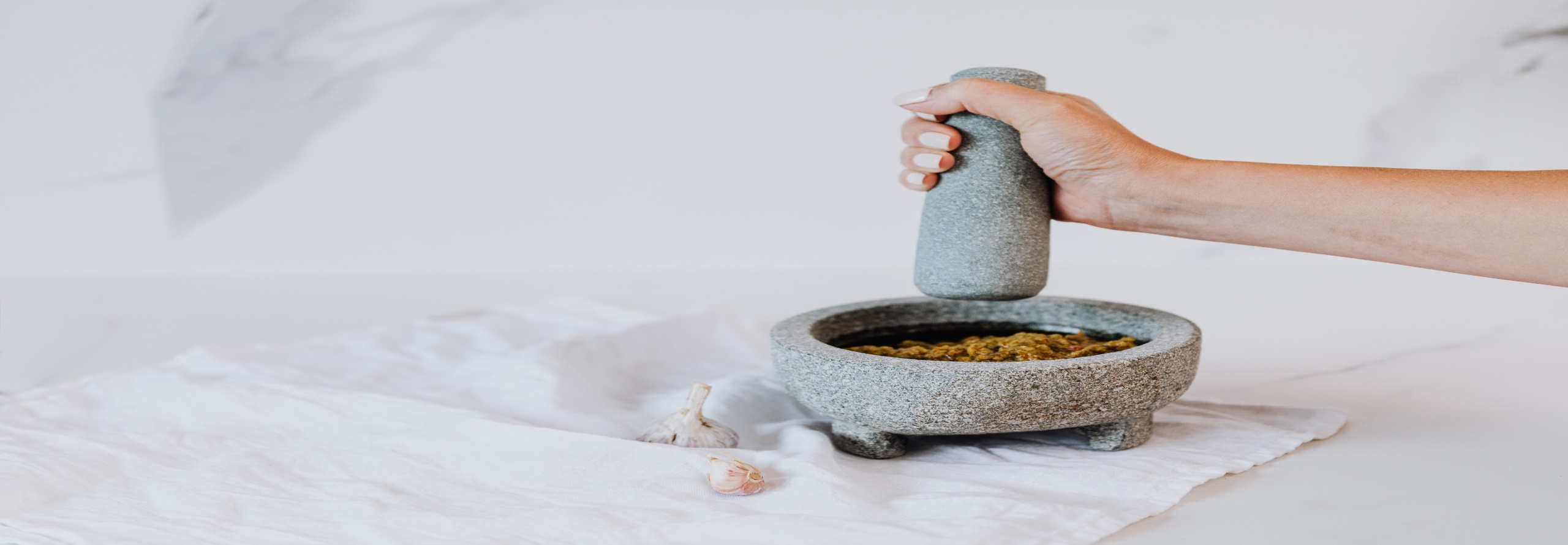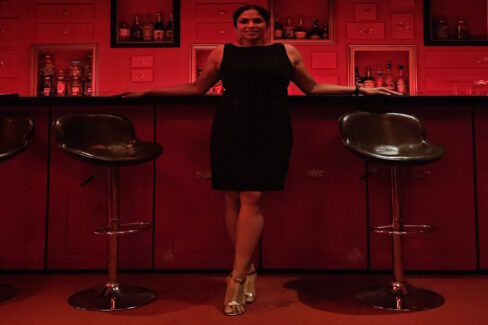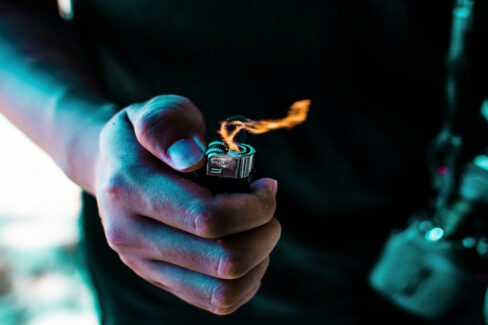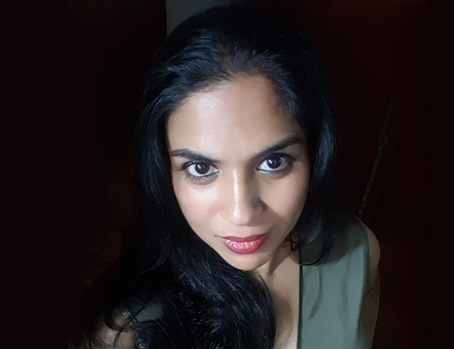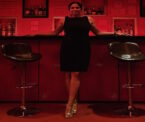The ‘Wangedi’ complex and Sri Lankan English Writing
If you have lived in Sri Lanka and read Sri Lankan English writing over the years, you would have happened upon many words from Sinhala or Tamil interspersed into the text. Often this would be a signature of Sri Lankan English where you would have interjections of the vernacular in English which is how many Sri Lankans speak. However, there is also the over emphasis on trying to create an extremely Sri Lankan or somewhat exotic identity; where even the subject matter is extremely Sri Lankan with the instances being the very markers that signify colonial condescension. Topics like thovilas, poojas and Sri Lankan traditional customs and rituals like peraheras and yakas would somehow garner more acceptance than a story say about an incident at a local restaurant.
I call this the Wangedi (mortar) complex. Where we are almost pulverizing our subject matter to readers by giving too much emphasis to an overtly ‘Sri Lankan’ identity which is not necessarily a reality for everybody, certainly not the authors themselves. Village life with bullock carts and romanticisation of items even like the wangediya (mortar) with such names in the title of the story, book or poem lending itself to this idea that we must preserve our so called ‘Sri Lankan identity’ even though we are writing in English.
I find it almost a paradoxical juxtaposition – the language of the coloniser which we have embraced and made our own and yet we must cling onto some notion of a Sri Lankan identity which is far from the reality of the people writing about it. People who eat oats and eggs for breakfast are talking of kiribath and lunu miris, pol roti and string hoppers while romanticising kithul and pol pani from their own orchards which would have been their grandparents’ reality, not their own. You notice this in the journals published, in the anthologies of A/L and O/L books. And somehow though it may appeal to some segment of the society, the majority would not connect (majority Sri Lankans do not read English).
While I understand the importance of writing about subject matters that Sri Lankans can relate to so that there is a connect, I do not subscribe to an overtly ‘village’ kind of subject matter to do so. If I write about a sunset, it’s a sunset. I can give it a nicer name in English or use an analogy. But I can also call it ‘Sithijaya’ and make it sound rather exotic when all it means is horizon in Sinhala. Exoticisation is something the western world was severely criticized for in their depiction of certain cultures, including Asian, African and native American in film and literature. This is where you depict all Africans as barbaric tribes, South Asians as Indians doing poojas and eating curry and all Indigenous Americans as wearing feathers and holding a totem pole. Yet here we seem to be doing that to ourselves, almost as if in fear of losing some notion of a Sri Lankan identity. The only certain thing about cultures is that they change. Which is why it’s folly when people try to gain some lost cultural identity they think is static and existed at some past time. Nostalgia is one thing. But this is something else. This is the Wangediya hammering some notion of a Sri Lankan identity down the throats of readers and it’s overkill on many occasions.

